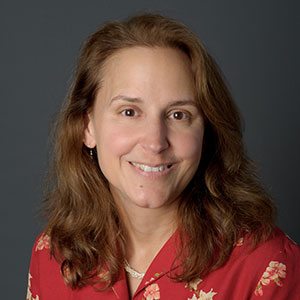Narcan Prescriptions
The road to recovery isn’t always a straight shot. As with other chronic diseases, relapses can and will happen. But a relapse into opioid addiction, unlike diabetes or hypertension, can have deadly consequences.
“The number of opioid-related accidental deaths has more than doubled in recent years,” said Paul Weigle, MD, associate medical director for Natchaug outpatient programs. “It impacts everyone, but in particular the clients we serve, many of whom have a history of opioid use disorder.”
To combat the possibility of overdoses during relapses, Natchaug Hopital’s ambulatory programs began offering training and prescriptions for naloxone (more commonly known as Narcan) for all clients with a history of opioid use.
Naloxone, which can be given intravenously or through a nasal spray, immediately stops the effects of an opioid overdose, saving the life of the person and allowing them to receive additional medical attention.
Between 70-80 percent of all clients with opioid use disorders now receive a prescription and training for Narcan, up from just 10 percent in the fall of 2015.
Clients are also allowed to request additional naloxone prescriptions for friends or family members who may encounter an overdose.
“Clients have shared situations where they were with a group of people and someone overdosed, and because they had their naloxone with them, they were able to revive them,” said Pamela Shuman, MD,associate medical director for Natchaug’s outpatient programs.
Naloxone is also on-site at all Natchaug ambulatory locations, and clinical staff at these sites are trained in its use.
“Although it can be lethal, opioid use disorder is a very treatable condition,” Dr. Weigle said. “With treatment, including naloxone, people very frequently recover and live healthy and productive lives.”

Pamela Shuman, MD
Associate Medical Director for Natchaug Outpatient Programs

Paul Weigle, MD
Associate Medical Director for Natchaug Outpatient Programs
